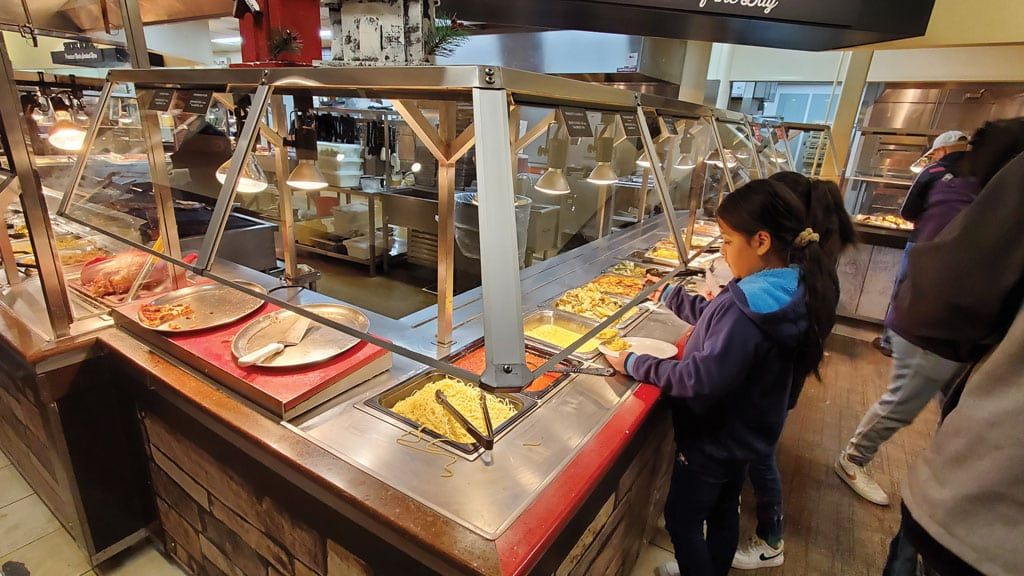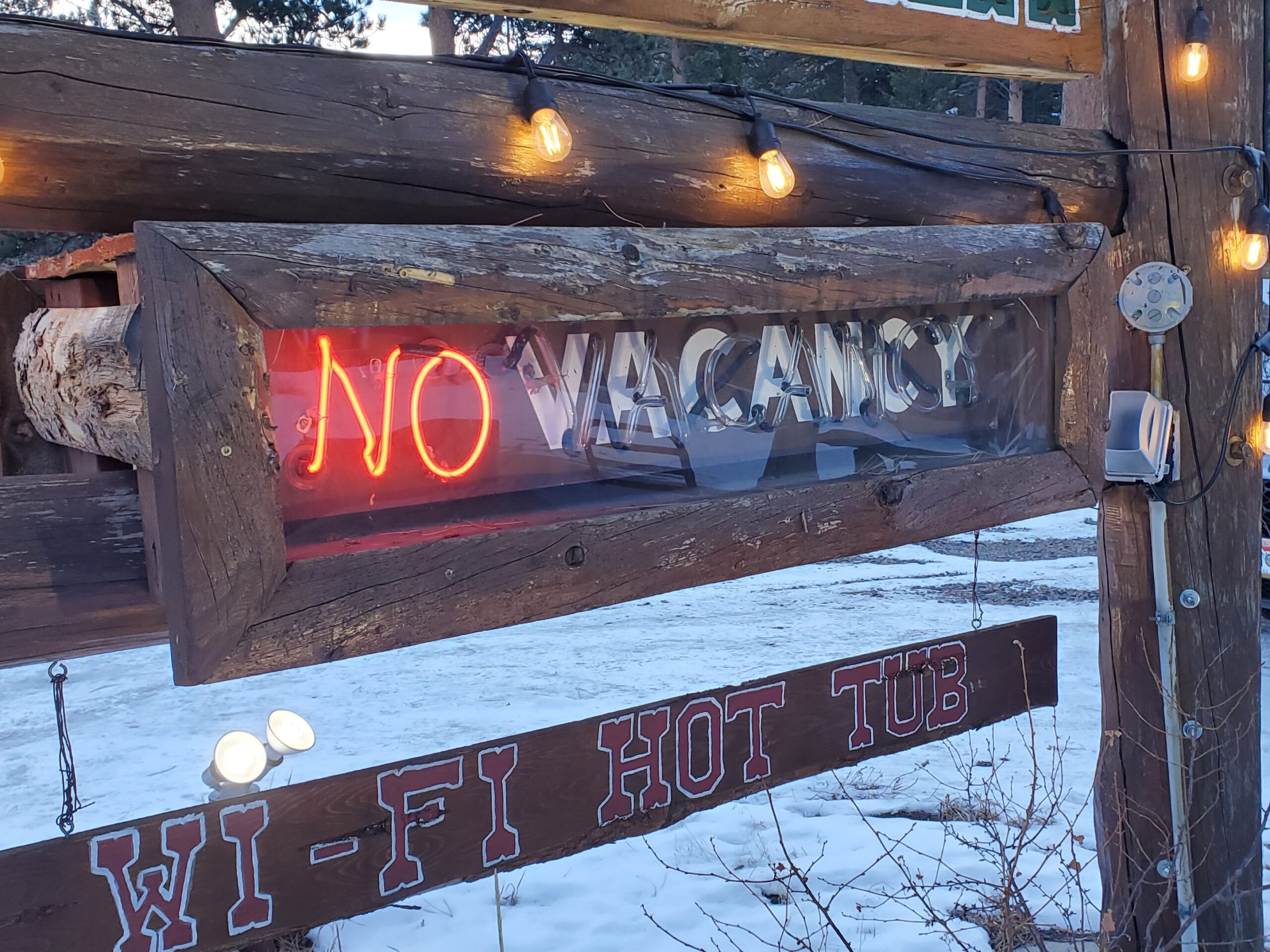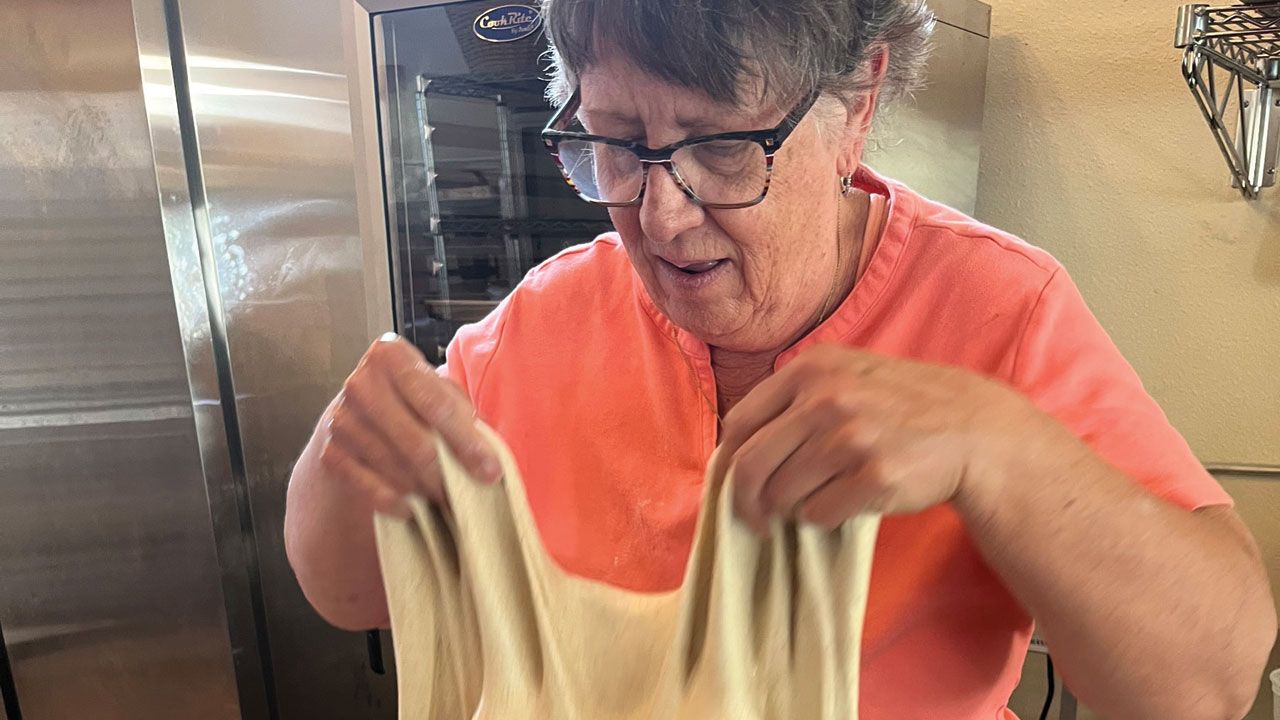Eateries still sampling post-pandemic world

For the restaurant industry in the Boulder Valley, Northern Colorado and across the nation, 2022 was a year marked by transition.
As restrictions from the COVID-19 pandemic were loosened, many restaurants cautiously eased back into business. Others, however, couldn’t recover from the triple whammy of financial losses, supply-chain issues and staffing shortages.
The restaurant scene in Boulder is a prime illustration. Frank’s Chophouse was shuttered just two years after it was taken over by prominent restaurant group Concept Restaurants Inc., while the Walnut Restaurant Group closed its ambitious Italian eatery Via Perla but reopened French-themed Brasserie Ten Ten after about a 26-month COVID-19 hiatus.
SPONSORED CONTENT
According to the 2023 Colorado Business Economic Outlook report, released last month by the University of Colorado Boulder’s Leeds School of Business, the restaurant industry continued to struggle in 2022 “to regain its lost workforce and recoup revenue losses in the face of skyrocketing inflation and continued supply-chain disruptions. Technology and its use in both on- and off-premises dining is also changing the way restaurants operate — and the way they hire.”
The American Rescue Plan’s Restaurant Revitalization Fund provided direct economic relief to hard-hit food establishments that experienced economic distress and significant operational losses because of the pandemic. Meanwhile, quick-serve and drive-through restaurants constituted one of the most active sectors in the local real estate market.
The industry had hit a high point in 2019 across Colorado with $14.5 billion in revenue and more than 280,000 workers. After the COVID restrictions of 2020, restaurant retail sales in the state surpassed the 2019 figures, and in the first half of 2022 they were up on average 16% compared with the same half in 2019 and 18% compared to the first half of 2021 — but a lot of the increase was because of higher menu prices driven by inflation and supply-chain disruptions.
“Staffing was an industry-wide pain point before the pandemic,” the report said, “and the 2020 and 2021 restaurant shutdowns, capacity restrictions, and negative consumer behavior in the face of mask and vaccine requirements drove thousands of Coloradans away from working in public-facing roles, including service and culinary positions in leisure and hospitality. By early 2022, Colorado data showed that the restaurant industry was down approximately 8,400 workers (3.5%) compared to pre-pandemic levels, and eight out of 10 restaurant operators reported struggling to hire enough staff (down from nine out of 10 in August 2021). More than 50% of local restaurants reported struggling to retain their current teams.”
Many of the restaurants that have survived, reopened or newly opened have taken steps to increase hiring and retention, with one in four in Colorado offering retention and hiring bonuses.
The CU report said restaurant wages continue to outpace national figures. It said Colorado restaurants have increased wages by 20% on average over the start of the pandemic restrictions in March 2020, and almost a third of local restaurants have increased pay by 21% to 30% and added benefits and other forms of compensation.
However, they’ll have to cope with double-digit increases in food prices as well as a new retail delivery fee, mandated employee retirement savings accounts from the Colorado Secure Savings Program, and a forthcoming statewide minimum-wage increase of 8.68%.
As a result, according to surveys documented in the report, 94% of Colorado restaurants increased menu prices; 70% changed the food and beverage items offered, 55% reduced hours of operation, 51% closed on days they would normally be open, 43% postponed plans for expansion, 52% stopped operating at full capacity, 48% cut staffing levels, 22% eliminated third-party delivery and 26% incorporated more technology such as self-service ordering kiosks in several fast-food chains.
The report said 93% of restaurant operators in Colorado say their business is less profitable now than it was in 2019, and most don’t expect a return to normal business conditions any time soon.
However, the Colorado Restaurant Association lobbied in the Legislature for House Bill 1406, which provided a round of tax relief for restaurants, as well as the repeal of some regulatory requirements for certain liquor licenses.
For the restaurant industry in the Boulder Valley, Northern Colorado and across the nation, 2022 was a year marked by transition.
As restrictions from the COVID-19 pandemic were loosened, many restaurants cautiously eased back into business. Others, however, couldn’t recover from the triple whammy of financial losses, supply-chain issues and staffing shortages.
The restaurant scene in Boulder is a prime illustration. Frank’s Chophouse was shuttered just two years after it was taken over by prominent restaurant group Concept Restaurants Inc., while the Walnut Restaurant Group closed its ambitious Italian eatery Via Perla but reopened French-themed Brasserie Ten Ten after about a 26-month…
THIS ARTICLE IS FOR SUBSCRIBERS ONLY
Continue reading for less than $3 per week!
Get a month of award-winning local business news, trends and insights
Access award-winning content today!





